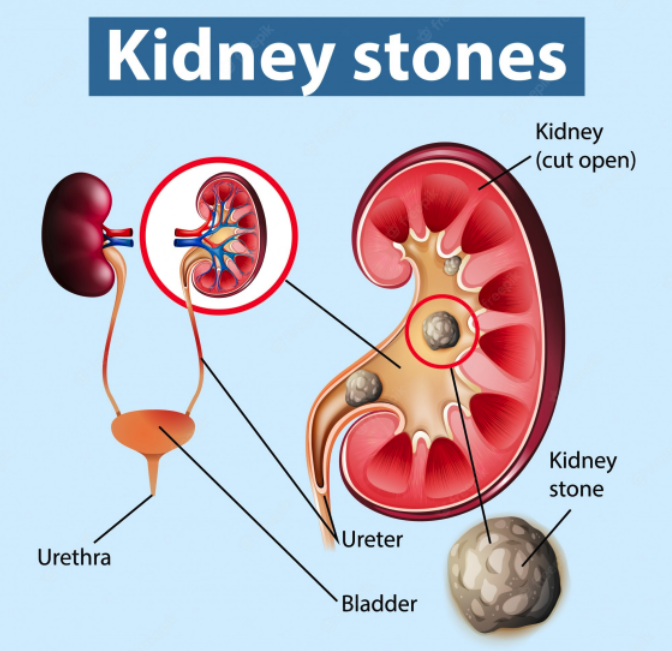If your kidneys become dysfunctional or damaged, it can lead to a variety of serious health problems. However, evaluating your kidneys is not always straightforward. There are no specific tests for the organ; instead, doctors evaluate different signs and symptoms to check if your kidneys are functioning correctly.
Understanding your kidney health is important because early detection and prevention is key to staying healthy longer. Here are some of the best strategies for evaluating your kidneys.
Stay current on your medical history
Taking good care of your health and keeping track of your medical history is a great way to gauge your kidney health. If you have a family history of kidney disease or other health conditions such as diabetes or high blood pressure, this may be a good indication of future kidney disease.
Keeping a record of your lab tests and medical history is also important so you can share this information with your provider.
Monitor your diet and practice good nutrition
If you have a family history of kidney disease, it is important to avoid high-risk foods that may damage your kidneys. Avoiding excessive salt, sugar, and protein from animal sources is key in keeping your kidneys healthy.
If you have a family history of kidney disease, talk to your doctor about getting tested for a genetic mutation called Mutation Type én N-Mystrocysteine (MTHFR). If you have this mutation, you may have an increased risk of developing kidney disease. Avoiding these foods is one of the best actions you can do to protect your kidneys from developing damage.
Check for other signs of kidney disease
f you are experiencing other signs or symptoms of kidney disease, it may be a good indication that your kidneys are not functioning correctly. Some common symptoms that may indicate kidney disease include feeling tired, achy and unwell, change in urination patterns, excessive thirst, swelling in your extremities and trouble sleeping. If you notice any of these symptoms, it may be a good idea to get them checked out by your doctor.
Stay up to date with regular check-ups
Regular check-ups with your primary care provider are important to assessing your kidney health. A full health evaluation will include checking your blood work and looking for abnormalities in your metabolic functions. If your blood work indicates that your kidneys are not working properly and showing signs of damage, your doctor may recommend further testing such as imaging or a kidney biopsy.
Ask your doctor about diagnostic tests for your kidneys
If you are experiencing a decrease in kidney function, your doctor may recommend diagnostic tests to evaluate the health of your kidneys. Some of the most common diagnostic tests for evaluating kidney health include blood and urine tests, CT scans and MRIs. These tests are painless and safe ways to assess your kidney health, though they are not standard practice for all patients.
Take care of yourself with exercise and diet
For healthy kidneys, it is important to make sure you stay hydrated and eat a healthy diet. A healthy diet should include a wide variety of fruits and vegetables, whole grains, low-fat proteins and dairy products, and low-sugar sweets. It is also important to exercise regularly to reduce your chances of developing kidney disease. Exercise reduces stress on your body and can help improve blood flow to your kidneys.
Conclusion
Kidneys are the organs that filter toxins from our blood, remove excess fluid and help with the production of red blood cells. If your kidneys become dysfunctional or damaged, it can lead to a variety of serious health problems. While there are no specific tests for the organ, doctors evaluate different signs and symptoms to check if your kidneys are functioning correctly. Keeping a current medical history, practicing good nutrition, checking for other signs of kidney disease, staying up to date with regular check-ups and asking your doctor about diagnostic tests for your kidneys are great ways to evaluate your kidney health.


